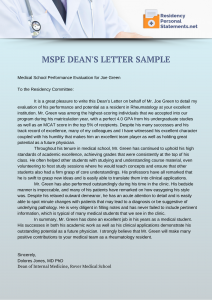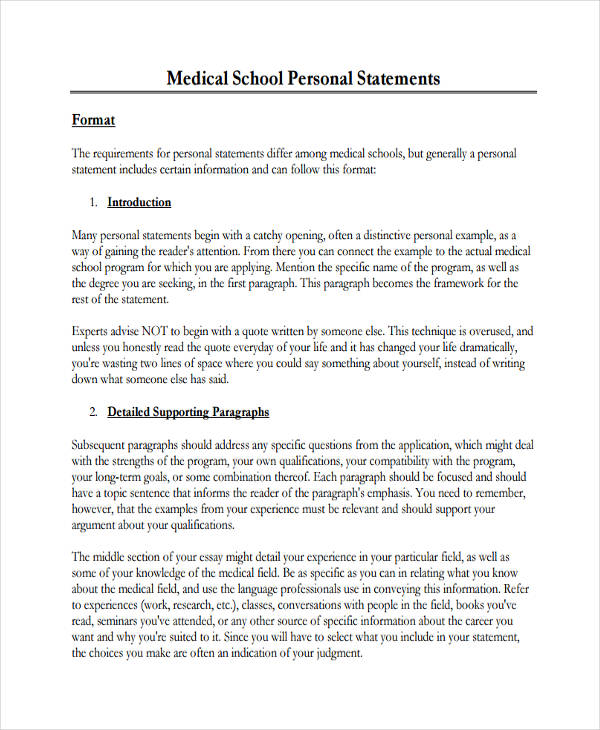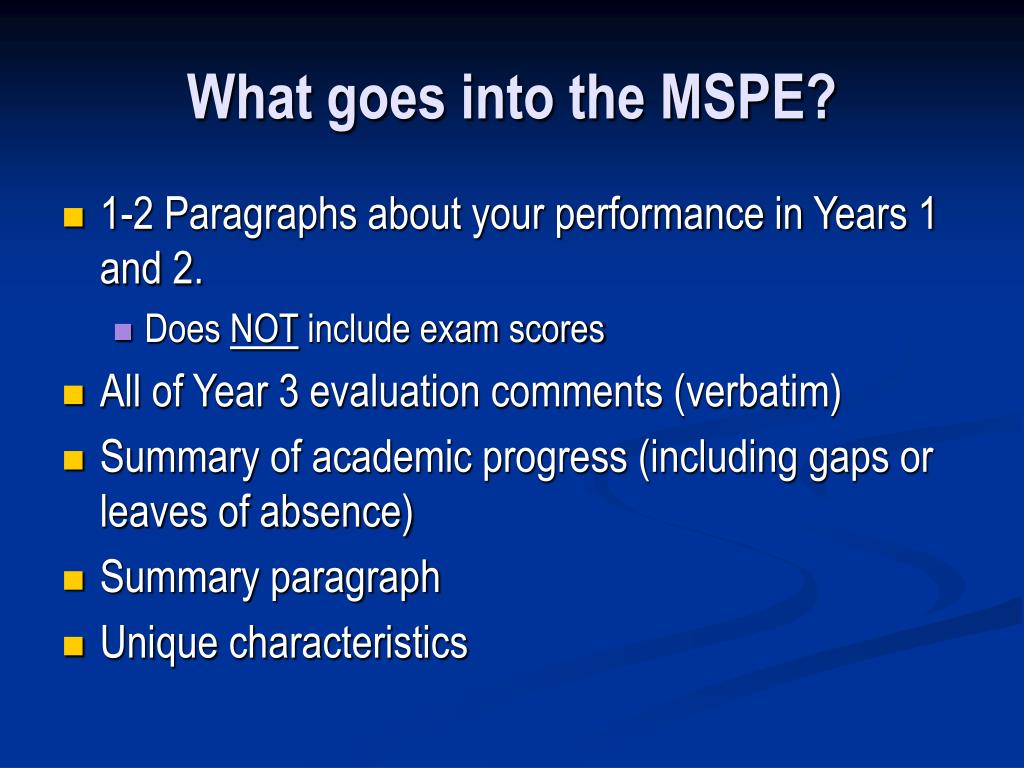

“Especially in emergency medicine, letters of recommendation are very important,” Dr. Years of the National Resident Matching Program’s (NRMP) program director surveys have shown that letters of recommendation can be particularly critical for certain specialties. It’s helpful to note that these letters can be just as important for residency applicants as they are for medical school hopefuls-perhaps even more so. If you’ve made it this far in your medical school journey, you’re no stranger to garnering letters of recommendation to outfit your applications.
EXAMPLE NOTEWORTHY CHARACTERISTICS MEDSCHOOL HOW TO
Check out our article for tips on how to study in medical school. If you’re looking for how to be a competitive residency applicant, this is an area worth focusing on. In residency, you’re constantly getting feedback, learning, and acquiring more knowledge and experience.” “At the same time, you’re still a learner. You’ll be expected to learn a lot of material during your postgraduate training, and residency programs are looking for an indication that you’ll be able to handle the rigorous training. As such, it’s in your best interest to show you can be successful as a student. And while your medical school GPA is just one part of the equation, it’s helpful to remember that lifelong learning through continuing education requirements is an inherent part of being a doctor. Good grades often go hand-in-hand with strong test scores. Billet notes that improvement can be indicative of a candidate demonstrating some important intangible characteristics like self-reflection and motivation. “If their performance increases significantly on Step 2, then we always want to know, ‘Ok, how did you make such significant improvement?’” she explains. Billet highlights an example of a medical student who doesn’t earn a passing score on their first Step 1 attempt. George’s University (SGU) graduate and program director at the WellSpan York Hospital Emergency Medicine Residency Program.įor example, Dr.

It all depends on what your results say about you as a person, according to Dr. “Some programs even have a cutoff for scores.”īut if you don’t perform as well as you hope on these exams, that doesn’t necessarily rule you out as a potential resident. “Scores and grades can be incredibly important in this initial stage since all the reviewer has to compare files is objective data,” she says. Inna Husain, assistant residency program director for simulation education at Rush University Medical Center, explains why. You can be certain residency programs will be looking for these scores as part of their evaluation process.ĭr. By the time you’re ready for medical residency, you will have completed both the USMLE Step 1 and the USMLE Step 2 CK. The United States Medical Licensing Examination (USMLE) is a three-step test all US physicians must pass to obtain licensure. The specific criteria program directors seek will vary among institutions, but residencies typically look for the following in a candidate. Matching for residency is all about demonstrating that you’re a strong candidate who will work well with the physicians at your desired program. What are residency programs looking for? 7 factors to focus on So what do residency programs look for, exactly? Keep reading to discover how you can make yourself stand out.

The good news is landing the residency you want may be less of a mystery than you might think. You’re probably wondering how to be a competitive residency applicant. Now that you’re completing-or are about to begin-your medical school journey, it’s time to start planning your strategy for obtaining a postgraduate position.


 0 kommentar(er)
0 kommentar(er)
